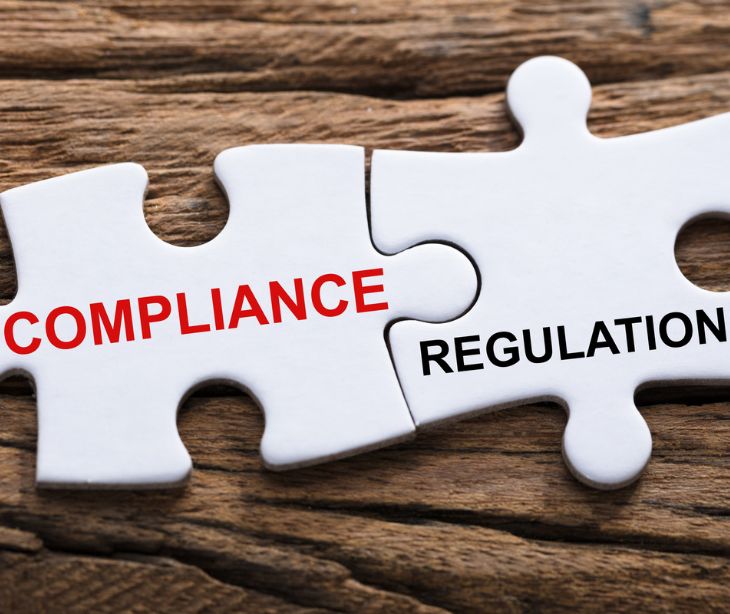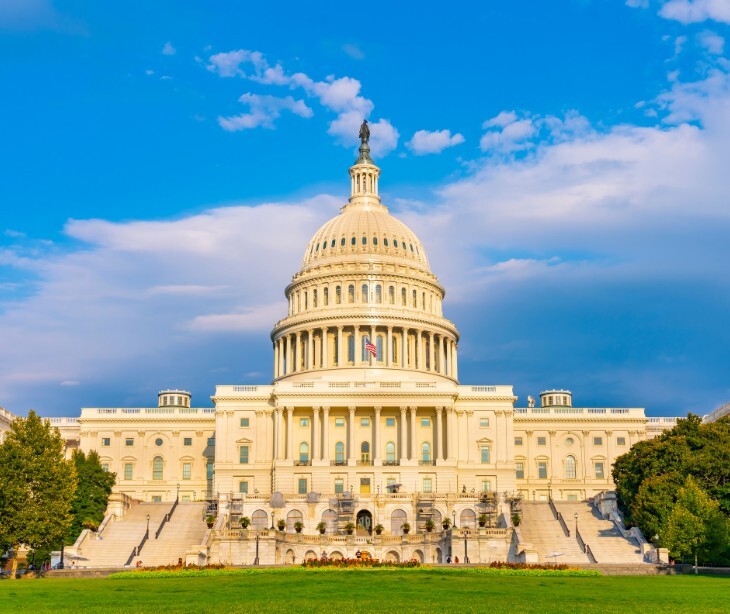
Staying informed allows healthcare organizations to align their practices with the latest industry standards and meeting customer expectations.
Who is responsible for monitoring and instituting regulatory changes in healthcare organizations?
An organization's responsibility for instituting regulatory changes typically lies with the Compliance Officer, Legal and Regulatory Affairs Department, Executive Leadership, Department Managers, IT and Security Teams, and Human Resources. These individuals and departments collaborate to monitor, interpret, and implement the necessary changes to ensure compliance with regulatory requirements.
How to assess the impact of regulatory changes
- Stay informed about the specific regulatory updates from the HHS and OCR.
- Conduct a gap analysis to identify areas of non-compliance with the new requirements.
- Evaluate data handling and protection practices to ensure alignment with the revised rules.
- Identify process and policy changes needed to meet the updated obligations.
- Perform a risk assessment to identify vulnerabilities and develop mitigation strategies.
- Train staff on the revised requirements and their roles in safeguarding PHI.
- Collaborate with IT and security teams to assess and adjust technological infrastructure.
- Seek guidance from legal and compliance experts to interpret the changes accurately.
- Monitor future updates and make ongoing adjustments to maintain compliance.
Primary legislation healthcare providers should be up to date with
Health Insurance Portability and Accountability Act (HIPAA): HIPAA regulations govern the privacy, security, and electronic exchange of protected health information (PHI) by healthcare providers, health plans, and healthcare clearinghouses.
Health Information Technology for Economic and Clinical Health (HITECH) Act: The HITECH Act promotes the adoption and meaningful use of electronic health records (EHRs) and strengthens the security and privacy of health information.
Affordable Care Act (ACA): The ACA introduced various provisions, such as expanded access to healthcare, insurance market reforms, preventive care requirements, and quality reporting initiatives that healthcare providers must adhere to.
Food and Drug Administration (FDA) regulations: Healthcare providers involved in pharmaceuticals, medical devices, biologics, and dietary supplements must comply with FDA regulations regarding the safety, efficacy, labeling, and marketing of these products.
Occupational Safety and Health Administration (OSHA) regulations: OSHA regulations focus on workplace safety and health, including measures to protect healthcare workers from hazards, such as bloodborne pathogens and hazardous chemicals.
Related: HIPAA Compliant Email: The Definitive Guide
Resources to stay up to date with regulatory changes
- U.S. Department of Health and Human Services (HHS): The HHS website provides comprehensive information on HIPAA regulations, including the Privacy Rule, Security Rule, Breach Notification Rule, and Enforcement Rule. It offers guidance documents, FAQs, news updates, and resources to help healthcare providers and organizations understand and comply with HIPAA requirements. The OCR, a division of HHS, oversees HIPAA enforcement.
- Office for Civil Rights (OCR): The OCR enforces HIPAA regulations. Their website offers guidance, educational materials, news updates, and information on recent enforcement actions. Subscribing to OCR's email updates can provide timely notifications about regulatory changes and guidance.
- Healthcare Information and Management Systems Society (HIMSS): HIMSS is a global organization focused on healthcare technology and information management. They provide resources, educational events, webinars, and publications related to healthcare IT, including HIPAA compliance and regulatory updates.
- American Health Information Management Association (AHIMA): AHIMA is a professional association for health information management. They offer resources, webinars, conferences, and publications that cover various aspects of health information management, including HIPAA compliance and regulatory changes.
- American Medical Association (AMA): The AMA provides resources, educational materials, and updates on healthcare policies and regulations, including HIPAA. Their website and publications cover legal and regulatory issues impacting healthcare providers.
- HealthIT.gov: HealthIT.gov, maintained by the Office of the National Coordinator for Health Information Technology (ONC), provides information, resources, and updates on health information technology, interoperability, and regulations like HIPAA.
- Healthcare Compliance Association (HCCA): The HCCA offers resources, conferences, webinars, and publications on healthcare compliance. They cover a wide range of regulatory topics, including HIPAA compliance and updates.
- State medical boards and associations: State-specific medical boards and associations often provide resources, newsletters, and updates related to healthcare regulations, including HIPAA. Checking your state's medical board or association website can help you stay informed about local regulatory changes.
Related: Understanding medical record retention requirements by state
Subscribe to Paubox Weekly
Every Friday we bring you the most important news from Paubox. Our aim is to make you smarter, faster.




